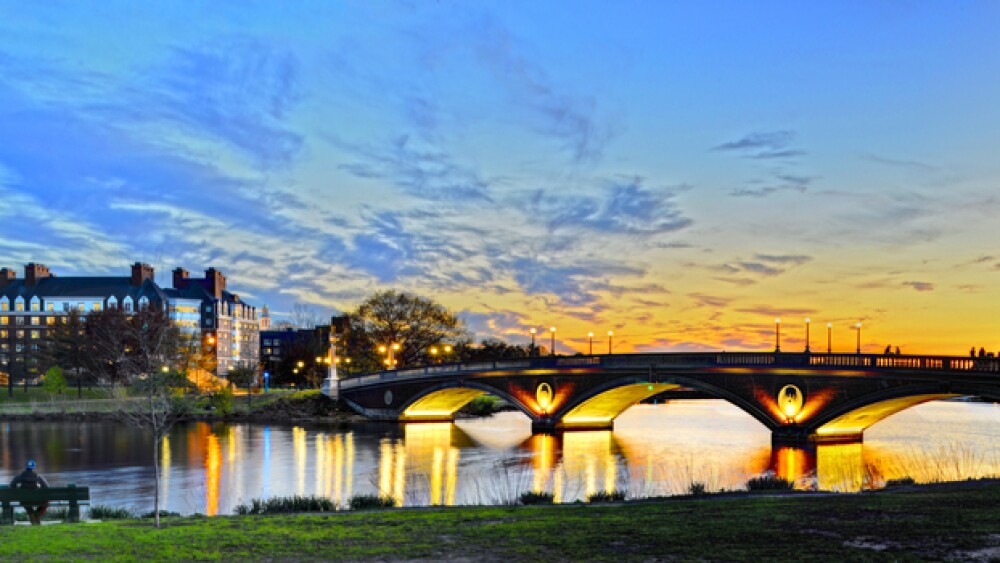A 2022 Industry Snapshot from MassBio shows there continues to be significant growth across the Massachusetts ecosystem, driven by billions of dollars in venture capital investments.
A 2022 Industry Snapshot from the Massachusetts Biotechnology Council (MassBio) shows there continues to be significant growth across the Massachusetts (Genetown) ecosystem, driven by billions of dollars in venture capital investments.
The report highlights the strengths of the state’s life sciences engine, which now employs more than 106,000 people with an average salary of $201,549. Part of that growth has been fueled by heavy investment from venture capital sources. During the first six months of 2022, more than $5 billion in venture capital was invested in companies headquartered in Massachusetts.
That amount represents 26% of all venture capital funding in the United States during the first half of the year, MassBio reported. In a breakdown of the VC funding, about 36% went to oncology research and development, while 17% was directed toward central nervous system-related research. Anti-infectives received 9% of the $5 billion in funding.
Some of the most significant financial raises in the first six months of 2022 include a $300 million Series C financing round for Tessara Therapeutics and a $200 million Series A for Upstream Bio. The average investment made in 122 companies was $41.1 million. The national average of investments in U.S. companies during that same time was $28.8 million.
In 2021, Massachusetts life sciences companies received a total of $13.66 billion for the full year.
Suburbs Profit Too
The financial wealth was spread across the state, not just in the Cambridge area. MassBio noted that investments made into communities outside of Cambridge, such as Waltham, Bedford and Watertown, received 57% of the investment total. That amount is up significantly from 2021’s 42% of total VC investments in those communities.
The impact of VC funding supported the expansion of companies and the construction of new R&D and manufacturing facilities across the state. In 2021, MassBio said a significant number of square feet of life sciences-specific space came online across the state. That brought the state’s total to more than 55 million square feet of life sciences space. That expansion of space also led to an increase in employment in Massachusetts.
Second Only to California in Growth
MassBio’s industry snapshot shows that between 2020 and 2021, life sciences employment increased by 15.2%. The growth is second only to California. Last year, MassBio predicted more than 40,000 life sciences jobs would be created within the state over the next decade.
Joe Boncore, CEO of MassBio, said the continued life science investments made in Massachusetts are not only contributing to the growth of companies but are also providing new energies to the research and development of medications and devices. He said these innovations can change the treatment paradigm for people facing challenging medical conditions.
“With an unrivaled cluster of early-stage companies, and nearly all the world’s top biopharma companies operating here, Massachusetts’ drug development pipeline outpaces all but one state,” Boncore said in a statement.
The drug pipeline in Massachusetts represents approximately 15.6% of the U.S. pipeline, MassBio reported. Compared to the previous year, the early-stage pipeline in Massachusetts has increased by about 25%. Globally, the pipeline of Massachusetts-based companies is 7.2%.
The Top NIH-Funded State
The industry snapshot also shows that Massachusetts remains the top NIH-funded state per capita. Across the state, NIH investments totaled $3.3 billion, which is more than 9% of all NIH funding, MassBio announced.
“The Massachusetts biopharma workforce is one of the fastest growing sectors in the state,” Kendalle Burlin O’Connell, president and chief operating officer of MassBio, said in a statement. “By concentrating our efforts on recruitment and training, and the continued expansion of the industry into new and emerging clusters around the state, we will not only safeguard the economic engine this industry has become; we will ensure more residents and communities share in this Massachusetts success story.”





